Pigs and any member of the swine family need a lot of care. If you’re a a pig owner, you have to be sensitive to their needs. It’s not enough to have them wallow in the mud and feed when needed. While they may seem healthy at a glance, swines are susceptible to diseases too, which is why their bodies have to be prepared for any bacteria and viruses that could hit them. When this happens, one must be swift in applying treatment. There’s a variety of products available for each type of illness. Yet prevention is always better than cure. Luckily, vaccination is a great way to keep your swine away from diseases. Common ones include foot and mouth disease, Porcine Epidemic Diarrhea and African Swine Fever. With vaccination, there’s huge chance of lesser economic and emotional loss when there are swine epidemics.
Why Vaccination helps?
Vaccination boosts a pig’s immune system. It works by releasing antigens into the body to stimulate the immune system and help develop immunity to bacteria, microorganisms, parasites and viruses. Antigens are the protein component of infectious agents. When released to the host, the host’s body becomes immunized. At this state, the
body is induced to release antibodies which fight pathogens. In simple terms, the substance contained in vaccines helps your pig resist illness caused by harmful microorganisms. It reduces risk of catching and spreading a disease.
Vaccination is an effective intervention done to prevent spread or decrease a pig’s susceptibility to harmful viruses. Injection is considered as the most effective and widely used method of vaccine administration. The administration of the vaccine can be done before, during or after a disease strikes. In some cases, vaccination is more effective when done days before a potential threat arrives. For instance, gilts and sows have to undergo 2 vaccine shots before breeding and another at 3-4 weeks before birthing to prevent stillbirths caused by Leptospira bacteria. Factors like age, size and date of last vaccination affect this, so clearly discuss it with the experts. The injection site and dose have to be determined as well. There are 5 injection sites for pigs: Subcutaneous (under skin), Intramuscular (muscle), Intranasal, Intraperitoneal (abdominal cavity) and Intravenous (vein). Upon veterinary advice, the spots could be the most effective venues for the shots, depending on vaccine type and adjuvants.
Vaccine Types
Generally, there are two types of vaccines. One, there’s the active vaccine and the inactive type. The active vaccine contains live pathogens, weakened, so that they can multiply inside the hog’s body- enough to stimulate the immune system, but not cause disease. 
 On the other hand, inactive vaccine introduces ‘dead’ bacteria into the host. Despite being killed, the pathogen’s protein component remain intact. These still evoke immune responses. Compared to active vaccines, this is considered safer, but not as long-lasting and ‘immunogenic’. To boost its effect, it needs the aid of an adjuvant. More than 1 vaccination shot is also needed to retain effectivity of the substance.
On the other hand, inactive vaccine introduces ‘dead’ bacteria into the host. Despite being killed, the pathogen’s protein component remain intact. These still evoke immune responses. Compared to active vaccines, this is considered safer, but not as long-lasting and ‘immunogenic’. To boost its effect, it needs the aid of an adjuvant. More than 1 vaccination shot is also needed to retain effectivity of the substance.
Each vaccine usually corresponds to one disease, and it may be costly and hassle to have purchase every single vaccine available, so the experts advice is this: choose the vaccines that address high-occurring illnesses, such as Erysipelas , Parvovirus, E.Coli and Leptospirosis.



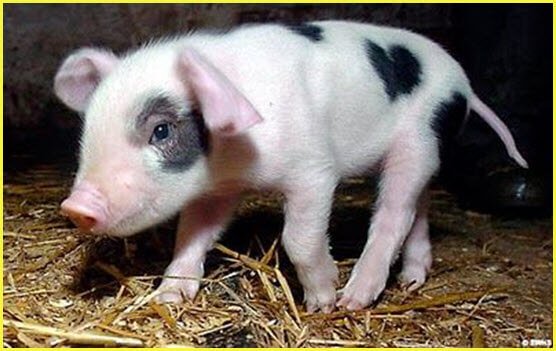
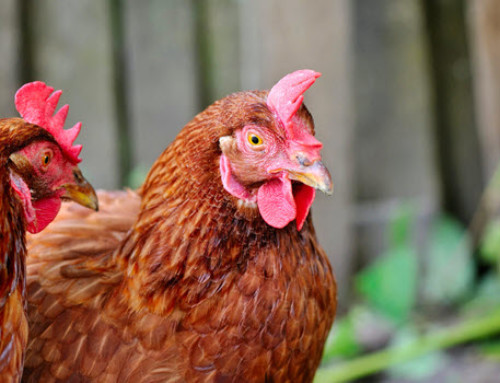

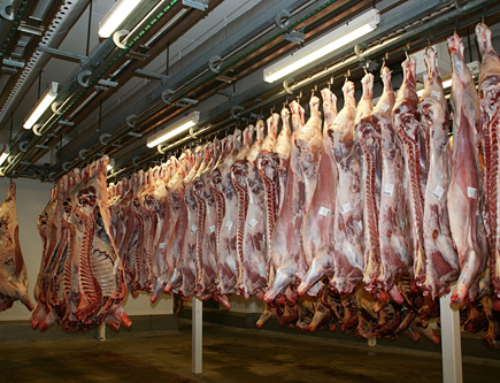
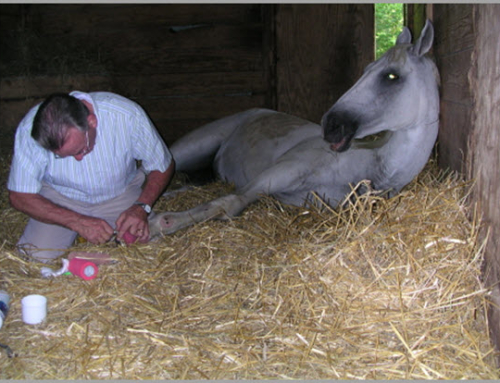
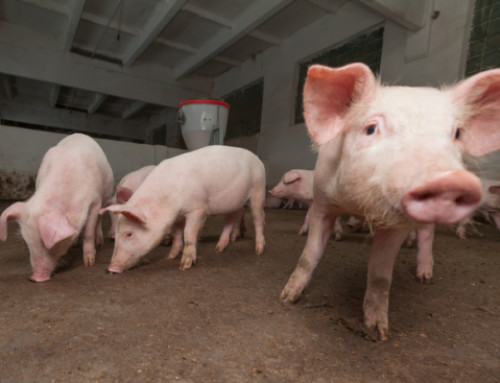
Leave A Comment